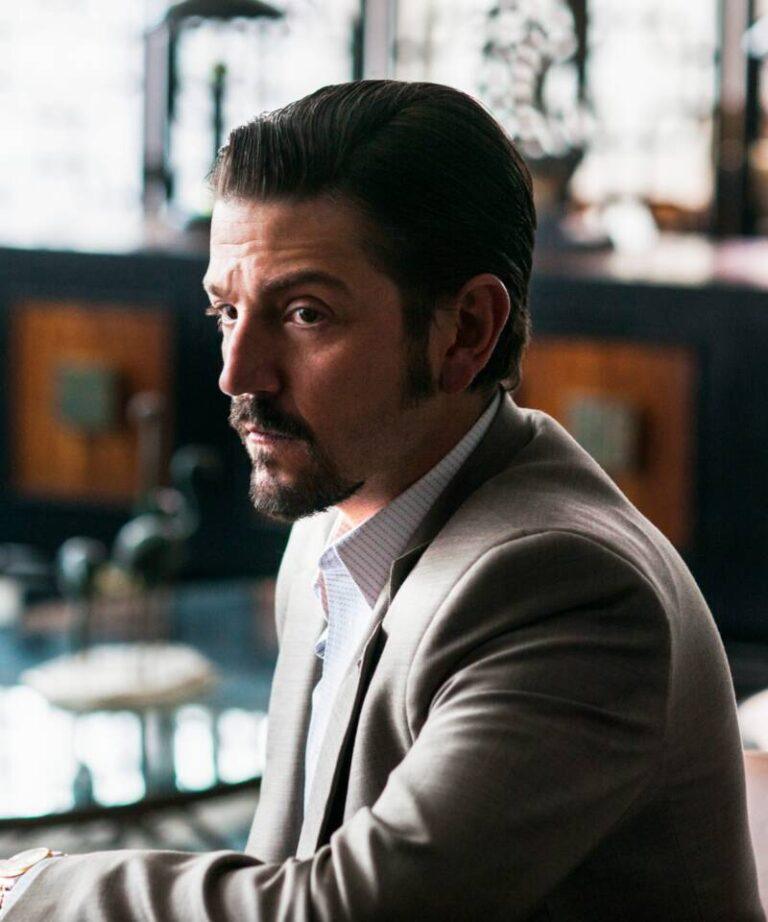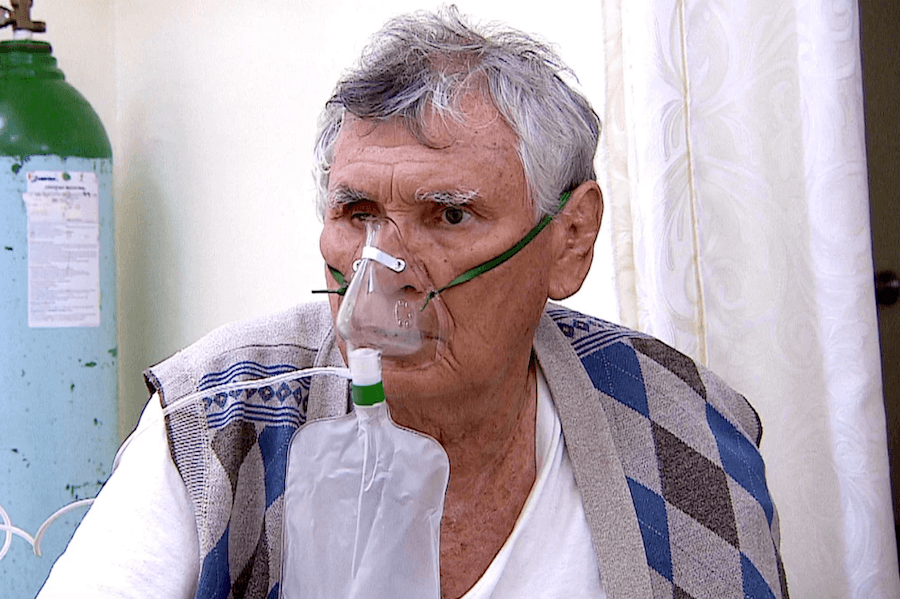Who Is Miguel Ngel Flix Gallardo? The Godfather Of The Guadalajara Cartel
Who was the man who once controlled the flow of narcotics across Mexico, a figure so influential he was known as "El Padrino" The Godfather? Miguel ngel Flix Gallardo, a name whispered with a mixture of fear and respect, stands as a pivotal figure in the history of the Mexican drug trade, a man whose actions reshaped the landscape of organized crime and left an indelible mark on the nation.
Born on January 8, 1946, Gallardo rose from humble beginnings to become one of the most powerful and feared individuals in Mexico. His life, a tapestry woven with threads of ambition, violence, and illicit wealth, offers a chilling glimpse into the dark underbelly of the drug world. He is widely acknowledged as the founder of the Guadalajara Cartel, an organization that, in its heyday, controlled a vast network of drug trafficking operations, stretching its tentacles deep into both Mexico and the United States. The corridors along the Mexico-US border, once pathways for legitimate trade, became conduits for an unending stream of narcotics, fueling a multi-billion dollar industry and leaving a trail of devastation in its wake.
| Category | Details |
|---|---|
| Full Name | Miguel ngel Flix Gallardo |
| Aliases | El Jefe de Jefes (The Boss of Bosses), El Padrino (The Godfather) |
| Date of Birth | January 8, 1946 |
| Nationality | Mexican |
| Known For | Founder of the Guadalajara Cartel, a key figure in the modern Mexican drug trade. Considered Mexico's most powerful drug trafficker at one point. |
| Criminal Activities | Drug trafficking, murder, money laundering, corruption. |
| Current Status | Incarcerated at Puente Grande State Prison, Jalisco, Mexico. |
| Key Events | Founded the Guadalajara Cartel in the 1980s, arrested in April 1989 for the murder of DEA Agent Enrique "Kiki" Camarena. |
| Current Age | 78 |
| Reference | Wikipedia |
The Guadalajara Cartel, under Gallardos leadership, established a sophisticated and ruthless system. He didn't just traffic drugs; he revolutionized the business. He consolidated various independent trafficking operations, forged alliances, and established control over key routes and territories. This was a critical step in the evolution of the Mexican drug trade, transforming it from a collection of fragmented groups into a powerful, centrally managed enterprise. This organizational prowess allowed the cartel to efficiently manage and distribute massive quantities of cocaine and other drugs, solidifying Gallardo's power and influence.
Gallardo's power was not built solely on organizational skills, however. It was also predicated on an unwavering ruthlessness. The cartel employed violence and intimidation as primary tools to eliminate rivals, control territories, and maintain discipline within its ranks. Those who crossed Gallardo or threatened his empire faced swift and brutal consequences. This reign of terror instilled a climate of fear, enabling the Guadalajara Cartel to operate with relative impunity for years.
The 1980s saw the Guadalajara Cartel at the peak of its power. The organization generated staggering profits, allowing Gallardo and his associates to live opulent lifestyles. They enjoyed lavish homes, expensive cars, and access to vast resources. This wealth was used to corrupt government officials, police officers, and other key figures, ensuring their protection and enabling them to operate with even greater freedom. This systematic corruption was a key factor in the cartel's success, allowing it to function with minimal interference from law enforcement.
However, the very actions that propelled Gallardo to the pinnacle of power would ultimately lead to his downfall. The brutal murder of Enrique "Kiki" Camarena, a U.S. Drug Enforcement Administration (DEA) agent who had infiltrated the cartel, proved to be the beginning of the end. The killing, a particularly brazen act of violence, drew international attention and ignited a fierce crackdown by both Mexican and U.S. authorities. It was a watershed moment that brought the full force of the law down on Gallardo and his organization.
The investigation into Camarena's murder led to the arrest of numerous key figures within the Guadalajara Cartel. Caro Quintero, whom the DEA considered the mastermind, was arrested in April 1985. A few days later, Don Neto. Finally, in 1989, Flix Gallardo was apprehended. The arrest of Gallardo, the "El Padrino" himself, marked the end of an era. He was brought to trial and convicted, marking a significant victory for law enforcement but also a major blow to the cartel's operations.
Gallardo, in an exclusive interview with Noticias Telemundo, denied any involvement in Camarena's murder, even sending a message to his widow. Despite his denials, the evidence pointed to his culpability, cementing his place as one of the most notorious criminals in Mexican history. From behind prison walls, Gallardo attempted to continue running his drug operations, demonstrating the enduring reach of his influence. However, the organization he built began to splinter, giving way to other powerful cartels, such as the Sinaloa Cartel, which emerged from the ranks of the Guadalajara Cartel. This fracturing of the organization marked the start of a new, more fragmented era in the Mexican drug trade.
The arrest and imprisonment of Gallardo, and the subsequent fragmentation of the Guadalajara Cartel, did not signal the end of the drug trade in Mexico. Instead, it ushered in a new chapter. The power vacuum created by Gallardo's downfall was quickly filled by other ambitious drug lords, leading to a period of intense violence as various factions fought for control of territories and trafficking routes. The Sinaloa Cartel, led by figures like Joaqun "El Chapo" Guzmn, rose to prominence, becoming one of the most powerful and notorious drug trafficking organizations in the world. The landscape of organized crime in Mexico changed, but the fundamental dynamics of the drug trade remained. It became a constant battle, a deadly chess game played with the lives and the fortunes of countless individuals.
The legacy of Miguel ngel Flix Gallardo is complex and multifaceted. He is a figure of immense power, a man who built an empire on the foundations of violence and corruption. He is also a testament to the enduring power of the drug trade and its ability to corrupt and destroy. His story serves as a stark reminder of the devastating consequences of organized crime and the challenges faced by law enforcement agencies in combating it. He remains behind bars at Puente Grande State Prison in Jalisco, his reign of terror long over, but his influence felt and remembered. He is 78 years old now, a relic of a bygone era, yet the seeds of the drug trade he sowed continue to bear bitter fruit across the nation and beyond.
His portrayal in Netflix's "Narcos" has further cemented his place in popular culture, introducing his complex story to a global audience. The series, while dramatized, offers a glimpse into the world of Gallardo and the Guadalajara Cartel, highlighting the intricate web of alliances, betrayals, and violence that characterized their rise and fall. He's been hailed as El Padrino, and hes fascinated many thanks to his complex portrayal in Netflixs Narcos, which helped to keep his name alive in popular consciousness.
The story of Miguel ngel Flix Gallardo is a cautionary tale, a story of ambition, power, and the devastating consequences of a life consumed by crime. It is a story that continues to resonate, serving as a reminder of the enduring challenges posed by organized crime and the need for constant vigilance and law enforcement efforts. It highlights the corrosive impact of corruption, the devastating consequences of violence, and the enduring allure of the drug trade. He is more than just a criminal; he's a symbol of a dark era in Mexico's history. His story is a window into a world of unimaginable wealth and power, a world built on the suffering of others, a world that ultimately led to his own downfall. His legacy serves as a stark reminder of the human cost of the drug war and the urgent need for a more just and equitable society.
The Guadalajara Cartels rise and fall, spearheaded by Gallardo, demonstrates the fluid and evolving nature of the drug trade, as well as the complex and often contradictory relationships between criminal organizations, law enforcement, and governmental entities. Its a story that continues to be told, investigated, and reinterpreted, and will continue to fascinate anyone interested in the history of crime, and the unending drug war.


